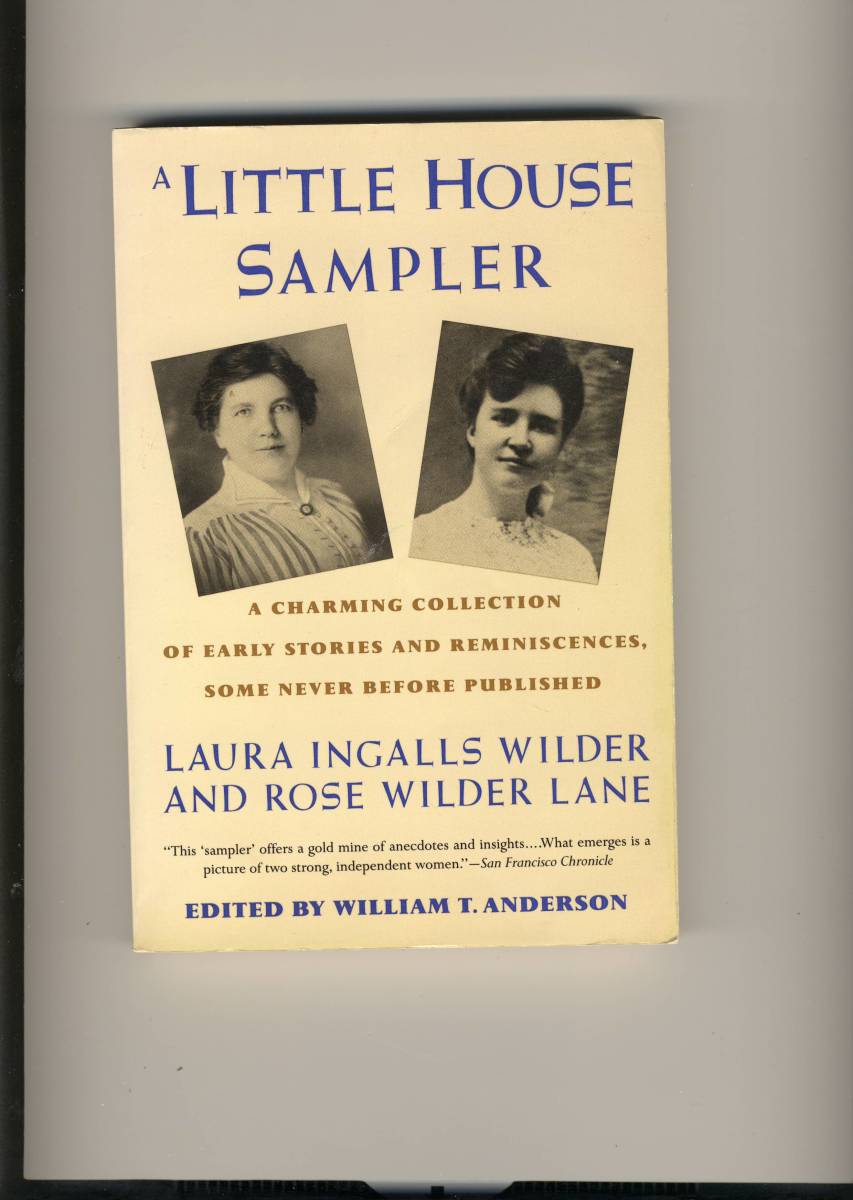Conversations in Cyberspace
I've been on Hubpages for a year now. Along the way, I've made a lot of friends, and one or two enemies. Okay, maybe not enemies, exactly. Maybe more like sparring partners. Only sometimes they are unwilling sparring partners, because I overstep the bounds and continue arguing past the point of no return. Friendly people along the way have given me helpful hints, and I'm trying to work hard to avoid unnecessary confrontations. However, there are times when I become really baffled by some of these exchanges.
In an attempt to understand what happened, I have decided to run some simulations of these unfortunate ecounters. The following clips are not real conversations. They are dramatizations of real exchanges. Sometimes, they never really happened. They're more like what I would have said, had I thought of it, or what the other person appears to be trying to say, although it's not what they actually said. These are, in short, conversations in cyberspace. Imaginary, but very nearly real.
Conversation #1The Giant Computer
It's obvious to me that the issue with a giant computer running the world is not cybernetics. When I wrote a hub called "Should the World be Run By a Giant Computer?" a lot of people took the question pretty seriously, discussing some of the technical issues involved with artificial intelligence and programming ethical directives into it. But I'm pretty sure that the people behind the Zeitgeist movement don't really have the technicalities of the giant computer scenario all worked out. What they want is to set up committees of like-minded people to make decisions about allocating resources. They use the scientific method as a kind of smoke screen behind which to hide their authoritarianism.
I have a little bit of experience with what committees of scientific experts do when they are given access to funding and control, and let me tell you, it is not pretty and it is not scientific! It's politics.
The public has some idea of what a scientist is, and we have a whole list of people we look up to and admire: Copernicus, Galileo, Marie Curie, Einstein. What do all these famous scientists have in common? They were pioneers in their fields. They stood up to other experts who disagreed with them -- or they risked life and limb in the pursuit of knowledge. Sometimes they even risked life and limb to state their view of the truth. And sometimes they stayed quiet and only published their findings posthumously, to avoid risking their lives and their public standing. Or they slaved away at the patent office, while other people got tenured positions at universities.
But not all scientist are pioneers. What's more, most scientists are not independent thinkers.
There is often not even a single pioneer on the average scientific committee. There are many different kinds of intelligence, and the vast majority of established scientists have receptive intelligence rather than creative intelligence. The people who get there may be very smart, but it's a different kind of smart. It's the kind of smart that gets you good grades, and helps you make a good impression and easily earns the acknowledgment of the establishment. It's the kind of smarts that for years eluded a man like Einstein.
This is not to say that there are no independent thinkers with responsible positions in current day universities. However, even when such a person is placed on an important committee with others, he has very little power . It is the nature of committees that they tend to operate at the level of the lowest common denominator.
That is why public funding of the scientific establishment is a very bad idea. Those funds are unlikely to ever reach scientific pioneers like the ones we all admire. Instead, independent pioneers will be taxed to support the unproductive research of their more politically astute colleagues.Of course, ordinary people who may not be interested in science at all will have their coffers pilfered as well. So the issue is not just about progress in science. It's about everybody's rights. And no, it is not true that every problem is a technical problem with a single, optimal technical solution. But even if it were true, a committee of experts in the field would not be able to find the optimal solution.
The Pioneering Spirit and How Different Hubbers View It
The pioneering spirit is something I admire very much, not just in science and technology, but in everyday life as well. True pioneers are self-reliant, and the ordinary business of life takes on heroic proportions when people are struggling against nature, instead of working to eke out a living by selling themselves to someone else.
One of my favorite writers on pioneer life is Laura Ingalls Wilder. I love The Little House books, and the true stories of courage and integrity that they tell.
It wasn't until I had been on Hubpages for several months.that I came across my first Little House denier. The clip below dramatizes this exciting encounter.
Conversation Number Two: Laura Ingalls Wilder: Fact or Fiction?
Judith Thurman: An Example of What Liberals Think about Laura Ingalls Wilder
- Rose and Laura Wilder and the Little House stories : The New Yorker
A CRITIC AT LARGE about Laura Ingalls Wilder and Rose Wilder Lane. In April of 1932, an unlikely literary debutante published her first book. Laura Elizabeth Ingalls Wilder was a matron of sixty-five, who lived with her husband, Almanzo, and sometime - http://www.newyorker.com/magazine/bios/judith_thurman/search?contributorName=judith%20thurman
At the time, I didn't know what to think. If you took what the woman said at face value, she sounded insane. But somehow I knew that she wasn't, and eventually an explanation for her words surfaced. I read an article in The New Yorker that pretty much sums up the liberal intellectual policy concerning The Little House books.
Why would someone claim that something was a fantasy television show, when she knew it was a series of books based on a true life story of a historical figure? And when confronted with this information, why would she shrug it off, saying she had known that all along and didn't care to debate the matter any further?
It turns out that the disagreement is not about the facts. It's about how we should feel about the facts. It's about our sense of life: romantic or anti-romantic. It's about our values: heroic or anti-heroic. Laura Ingalls Wilder fans root for the Ingalls family as it struggles with hardship on the frontier. We try to imagine ourselves in a similar situation. We aspire to the courage and self-reliance of the pioneer family. But for liberal intellectuals peddling socialism, the Ingallses are not to be emulated. They are to be simultaneously pitied and mocked.
Judith Thurman, unlike my Hubpages sparring partner, doesn't deny in her New Yorker piece that Charles and Caroline, Mary, Laura, Carrie and Grace ever existed. She does not deny the basic facts of their lives. She doesn't deny that Almanzo helped save a town from starvation by buying the excess seeds off a rich farmer. She doesn't deny the courage and perseverance of Laura and Almanzo after their house burned down and Almanzo suffered a stroke following a bout of diptheria. What she denies is that there is anything good and decent and right in the examples they set. Because if the Ingallses and the Wilders could survive on the frontier on their own, maybe the rest of us don't need big brother, either!
Thurman points out that Laura and Almanzo did not really make it on their own without anybody's help. They had store boughten goods which they got from the local merchants. They had help from their families of origin, the Ingallses and the Wilders. In their old age, they had help from their daughter Rose.
But help from one's family and trade with merchants is something Laura Ingalls Wilder never denied. If anything, her books were about how families stick together and neighbors pitch in during hard times. Thurman hopes that the market for the Little House books will be reduced, but she mentions wistfully that in hard times there might be an upsurge of interest in survival stories.
I think we can count on that!
What about the land that was taken from the native Americans and given to the settlers? What about the railroads that used the power of eminent domain to plow through the West? Do I approve of that? No, I don't. But I don't hold Laura Ingalls Wilder personally responsible for it, either.
The heroism of the Ingalls family in their struggle with nature is not diminished by the fact that some bad things were done by others that created the historical pre-conditions for the era they lived in. But I do find it astonishing that proponents of socialism in the context of the auto industry should disparage the Ingallses and the Wilders. Do you think modern day Detroit could have been built if not for the rugged individuals who settled the Mid-West?
I think Little House deniers are really motivated by a distaste for hero worship. A heroic view of man is inimical to their world outlook. They often scoff at individuals who claim to have accomplished something on their own, citing the debt that is owed to their precursors.
Yet it is through hero worship that we acknowledge what those who came before us contributed to our lives. One of my heroes is Galileo Galilei. Another is Laura Ingalls Wilder.
Hubpages and Comments
One of the benefits of interacting with people on Hubpages is learning about different viewpoints and how others react to arguments that we think are unobjectionable. My horizons have been widened by these interactions, and I am grateful for this.
Even questions of etiquette are up for discussion on Hubpages. Each Hubber controls his own hubs and each has a different attitude toward moderating comments. With time I learned which Hubbers welcomed discussion, and on which hubs one was expected to post only superficially positive comments.
Once you get to know a hubber, you know pretty much what to expect, and there is no problem with the different moderating styles. However, before you are acquainted with the rules imposed by each individual hubber in his or her own little domain, you might get a harsh reprimand for breaking rules you were not aware of. I was discussing this with a fellow Hubber in the Forums when I learned something new: some Hubbers are not even aware that their behavior is rule-governed!
Rule-based Behavior
All my life I've been getting in trouble for violating unwritten rules that I was not aware of. This discussion brought home to me the reality of those whose unwritten rules are hidden even from themselves.
We may not know why we behave the way we do, but anybody who wants to get along with us has to come up with a way to predict what will make us angry. The closer the algorithm they come up with is to the rules that govern our behavior, the more likely they are to avoid getting in trouble with us.
It must be really great to be one of those people whose unwritten rules are the ones accepted by the majority. For those people, introspection is not required. As for the rest of us, we spend most of our time learning and re-learning the rules!
Fans and Positive Comments
One of my greatest pleasures is to receive comments on my hubs. I don't care so much if the reader agrees or disagrees with me. What I particularly appreciate is a comment that lets me know the reader paid close attention to my arguments, even if he didn't agree. I enjoy a debate about the substance of my hub.
However, there is one kind of commentator that leaves me mystified: the person who agrees with me and also with someone else who holds the diametrically opposite view on the issue!
Reconciling Different Viewpoints
(c) 2009 Aya Katz









